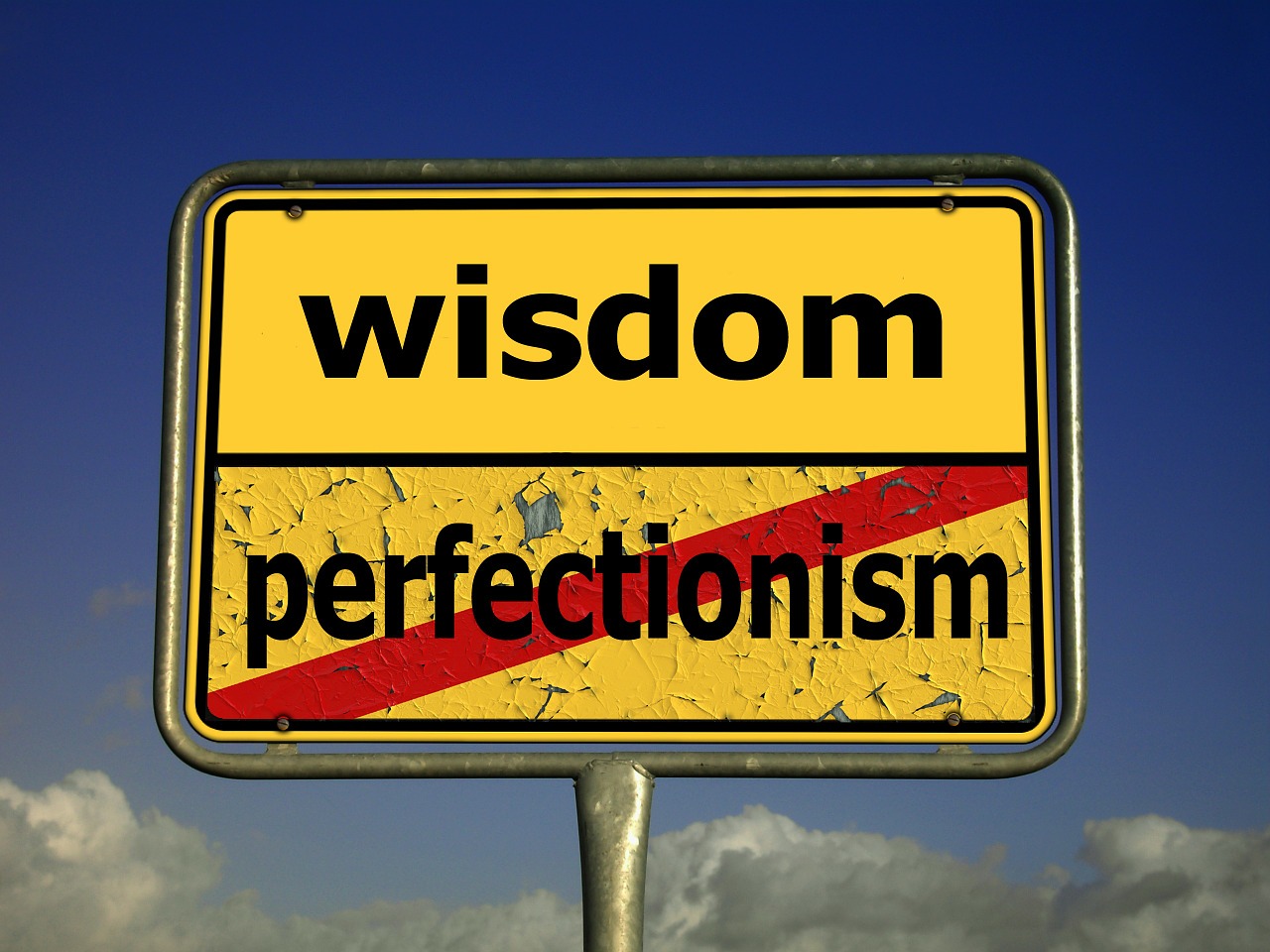
Have you ever tried to hold someone else’s mind in your mind? Let’s do it together right now. Imagine that one of your good friends or close family members is having a good day. Maybe they had a big success at work, maybe they got a good report from their doctor, or maybe they just had one of those days where everything seems to go smoothly—ahhh, those days are nice when they come along, right? As you imagine your loved one having a good day, see if you can visualize their expressions. What emotions are they experiencing? What does this good day mean to them? As you are holding your loved one’s mind in mind, take notice also of your own emotions and body sensations. How does it feel for you to be thinking about your loved one having a good day?
Now imagine your loved one having a really bad day and go through the same exercise. Can you see their face? What emotions might they be having? Knowing what you know about your loved one, how does this bad day fit into the rest of their lives? How will they respond or recover? Again, take notice of your own emotions and body sensations as you think about your loved one struggling.
Let’s end this exercise on a positive note, shall we? Go ahead and imagine your loved one having another awesome day, imagine their emotions and expressions, and then come back to the present.

Mentalizing
Holding someone else’s mind in mind is an exercise in mentalizing. In simple terms, mentalizing is an awareness of the mental states within ourselves and others. A handy way to understand mentalizing is to think of it as seeing yourself from the outside in and others from the inside out (Allen, Fonagy, & Bateman, 2008).
When we hold another’s mind in mind, we do so from an internal, intentional, nonjudgmental stance that is accepting and respectful. If you are familiar with mindfulness practices, this may sound familiar. Dr. Jon Kabat-Zinn, the grandfather of modern-day mindfulness practices, defines mindfulness as “awareness that arises through paying attention, on purpose, in the present moment, non-judgmentally” (Mindful Staff, 2017). I like to think of holding another’s mind in mind as a relational extension of mindfulness practice. The goal is to connect with the other individual’s internal experiences and perspectives while being mindful our own judgments about and reactions to this person.
I bet you can already see how this skill could benefit relationships. How many arguments happen because someone incorrectly assumes what another person’s intentions were? As a psychologist, I can tell you that many, many arguments and grudges get started this way! Holding someone else’s mind in mind can help us attune to them at a deeper level, reducing the chances for misunderstandings and toxic exchanges. Mentalizing helps remind us of other people’s humanity while also affirming our own. When we mentalize another person, it does not mean we have to agree with or condone their choices and behavior. Rather, we are simply trying to see the world through their eyes, being mindful of how our own emotions and experiences may shape our viewpoints.
Boost Your Skills

Want to boost your mentalizing skills? Excellent! It takes practice but I think you’ll find it well worth the effort. One way to improve your ability to mentalize is to practice mindfulness meditation. Meditation increases neural connections to the areas of the brain responsible for compassion, empathy, and perspective-taking, all of which are needed to mentalize both yourself and other people. Need some additional guidance? I specialize in offering mindfulness-based interventions so feel free to check out my website for more information. Also, please check out my 6-week mindfulness class, Mindful Life, which is offered several times a year and includes a segment on mindfulness for relationships.
Mindfully yours,
Dr. Jen
References:
Allen, J.G., Fonagy, P, & Bateman, P.W. (2008). Mentalizing in Clinical Practice. Washington, DC: American Psychiatric Publishing, Inc.
Mindful Staff (2017). Jon Kabat-Zinn: Defining Mindfulness. Mindful. Retrieved from: https://www.mindful.org/jon-kabat-zinn-defining-mindfulness/.



